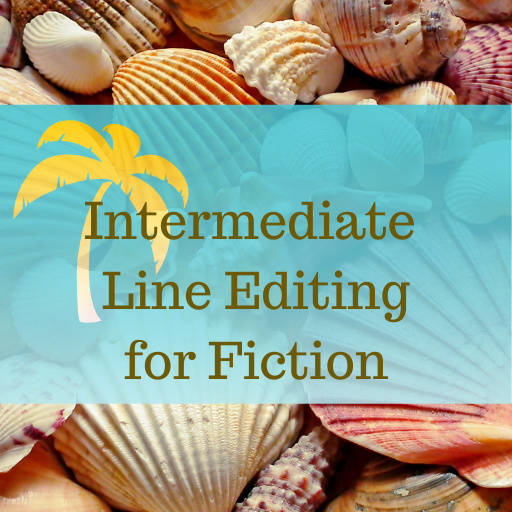Line Editing for Parallelism
Line editing for parallelism sometimes requires being a line editor detective—solving the sentence-level issues to take a manuscript to the next level.
Editing Detective: Line Editing for Parallelism
As a line editor, sometimes the problems I catch are obvious (“Roy laghed at the joke”) but sometimes they’re not. Sometimes being a line editor is a little like being a detective, trying to figure out what’s going wrong in a sentence. Those are my favorite kinds of problems.
One of those subtle things that can go wrong at the sentence level and that I have to track down is parallelism. Parallelism, simply put, is the repetition of a grammatical structure: “I came, I saw, I conquered.” Pronoun + verb, pronoun + verb, pronoun + verb. This sentence would not be improved by adding other words: “I came, I looked around at things, then I conquered the place.”

Creating parallelism in a sentence can make an author’s prose sound smoother. Meaning (and even emotion) is created through the repetition of form. The reader sees how the ideas are connected.
Here’s an example of a sentence that is begging for parallelism:
James sat astride his chestnut horse, glaring at the scene of carnage, blood and fire and death.
Using the principle of parallelism we could edit that to:
James sat astride his chestnut horse, glaring at the scene of carnage and blood, fire and death.
Here’s another:
They found Stephen kneeling by the new cairn he’d built, not praying before it as the Sige sometimes prayed to their ancestors, but regarding it, as if deciding whether it were appropriately completed. Not too high and not too elaborate—there was no need to elevate a coward. But it could not be too low and haphazard, to insult a forebear.
This could be:
They found Stephen kneeling by the new cairn he’d built, not praying before it as the Sige sometimes prayed to their ancestors, but regarding it, as if deciding whether it were appropriately completed. Not too high and not too elaborate, to elevate a coward. But not too low and too haphazard, to insult a forebear.
And here’s one that stumped me for a bit because I knew something was wrong but didn’t spot the parallelism problem right away:
Washing my hands at the sink, trying to avoid getting my cast wet, I saw in the mirror that my skin seemed to both sag and stretch: to have sagged into new wrinkles yet stretched tight over bones.
Then I came up with:
Washing my hands at the sink, trying to avoid getting my cast wet, I saw in the mirror that my skin seemed to both sag and stretch: to have sagged into new wrinkles yet to be stretched tight over bones.
But I admit I am still pondering the possibilities of that one!
Practice is the best way to develop your editing detective skills to master line editing for parallelism.
Tips for Editors & Writers
-
Editing for Character Development
When you’re editing for character development, keep in mind that even small changes have ripple effects throughout the entire manuscript. So any changes you suggest need to be important, or else you’re asking the author to do a lot of work for little reward. For example, sometimes I’ll see editors suggest things like, “Hey, you…
-
Editing for Character Consistency
Because writing a novel manuscript takes place over a long period of time, character inconsistencies can crop up. Maybe in Chapter 1 the author says that Joe has never been in trouble with the law but in Chapter 12 he has a history as a felon. As the editor it can sometimes seem puzzling to…
-
10 Things a Developmental Editor Looks for in an Edit
A fiction editor looks for specific concerns in a manuscript. The following checklist can help you understand the basic story problems you may encounter as developmental editor. #1 Is this a type of genre fiction? If so, does it conform to genre requirements/expectations? If it is genre fiction but does not conform to expectations, is…
Join the Club!
New to story editing? Begin at the beginning.


